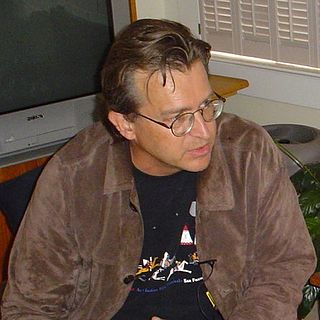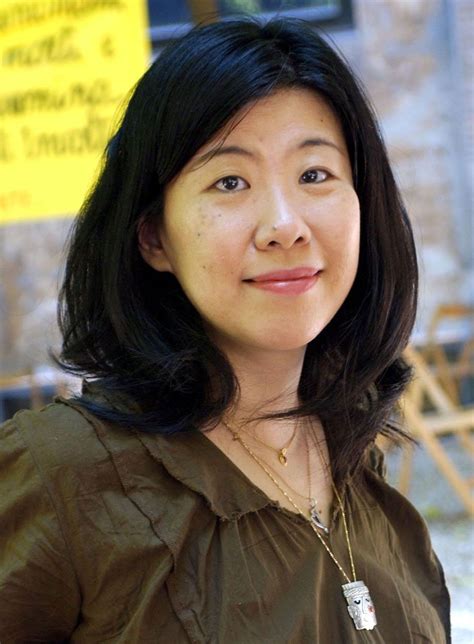A Quote by Darryl Pinckney
Novels set in distant places give us expectations not unlike those we have of travel writing, and often the distinctions are blurred, as in, say, the way the low life of Tokyo's Shinjuku Ward is depicted in John David Morley's recent 'Pictures from the Water Trade.'
Related Quotes
Reading old travel books or novels set in faraway places, spinning globes, unfolding maps, playing world music, eating in ethnic restaurants, meeting friends in cafes . . . all these things are part of never-ending travel practice, not unlike doing scales on a piano, shooting free-throws, or meditating.
Unlike prose writing, the strange process of writing with pictures encourages associations and recollections to accumulate literally in front of your eyes; people, places, and events appear out of nowhere. Doors open into rooms remembered from childhood, faces form into dead relatives, and distant loves appear, almost magically, on the page- all deceptively manageable, visceral, the combinations sometimes even revelatory.
I don't really distinguish between a fictional hero and a real life hero as a basis for any comparison. To me, a hero is a hero. I like making pictures about people who have a personal mission in life or at least in the life of a story who start out with certain low expectations and then over achieve our highest expectations for them. That's the kind of character arc I love dabbling in as a director, as a filmmaker.
I'd write of people and places like I knew, and I'd make my characters talk everyday English; and I'd let the sun rise and set in the usual quiet way without much fuss over the fact. If I had to have villains at all, I'd give them a chance, Anne--I'd give them a chance. There are some terrible bad men the world, I suppose, but you'd have to go a long piece to find them...But most of us have got a little decency somewhere in us. Keep on writing, Anne.
So far are we generally from thinking what we often say of the shortness of life, that at the time when it is necessarily shortest we form projects which we delay to execute, indulge such expectations as nothing but along train of events can gratify, and suffer those passions to gain upon us which are only excusable in the prime of life.







































